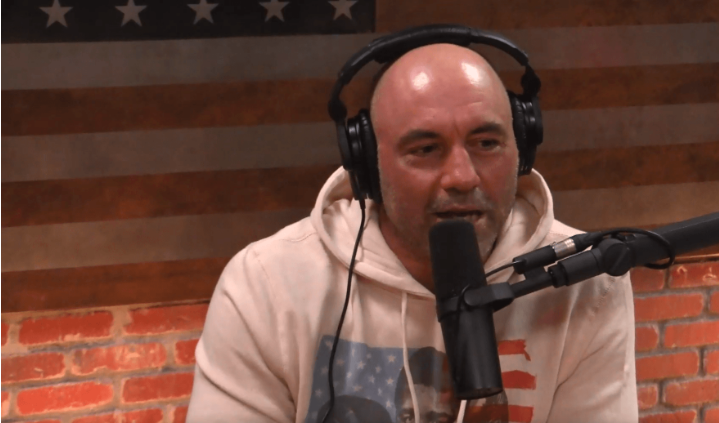
Just as the people have lost our faith in the media, the media has also lost faith in us. The average duration of a TV soundbite has shrunk from minutes in the 1960s to a handful of seconds today. The big feet of the media increasingly believe that we are too busy, stupid or, at best, uninterested to pay attention and they have addressed this by feeding us a nauseating diet of informational cocktail sausages when what we really crave is a side of beef. The success of long-form publications like Quillette and YouTube shows like the Joe Rogan Experience and the Rubin Report is a testament to our desire to move away from the political talking heads, screaming over each other like children in a playground. We want grown-up conversations and we will reward the people that bring them to our screens.
Another distinction between the MSM and new media is the incredible gulf between them in accountability. Rogan spoke to the Twitter CEO only weeks earlier, prompting a fierce backlash from his fans over a lack of preparation and the perception that he pussyfooted around instead of taking Dorsey to task for Twitter’s leftist bias and unfair treatment of conservative voices. Unlike the world’s leading publications, which frequently cover up or even double down on their failings—the Covington kids story, the Jussie Smollett hoax—Rogan acknowledged his faults and not only invited Twitter executives back, but also brought along an expert to question them. It is worth noting that Tim Pool was picked not only for his knowledge but also because he had criticized Rogan himself. Podcasters and YouTubers are vulnerable to their audiences in a way that monolithic media institutions are not. This vulnerability makes them responsive: it is a strength, not a weakness.











